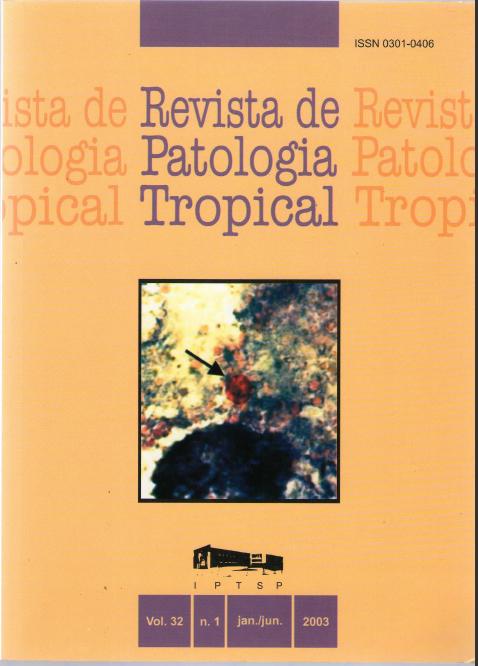TRAVEL AND INFECTIOUS DISEASE
DOI:
https://doi.org/10.5216/rpt.v32i1.4322Resumo
Travei facilitates the physicai transport of pathogens and vectors and increases the exposure of individuais and popuiation groups to disease. Reciprocaiiy, travei is affected by outbreak situations, particulariy those occurring in areas of heavy tourism. In the individual, specific i-isk factors associated with travel-induced iliness include the time of year traveled, travei destination and number of trips taken, age, predisposition to high risk behavior, pre-travel heaith, pre-trip counseling, and previous immunity. Whiie the speed and frequency of modern travei facilitate the introduction of infectious diseases into new environments, disease emergence is dependent on the complex interrelationship of population immunity and genetic differences, behaviorai patterns and cultural norms, environmefflai setting, the epidemioiogy of disease and the existing public heaith infrastructure. Travel-induced iilnesses have serious economic, politicai and medical consequences including costs to health care systems in both home and host country, iost revenue to decreased tourism, increased heaith insurance claims, lost working days, issues of nationai security and the spread of antibiotic resistance. To minimize the impact of travei on infectious disease emergence, travei-acquired illnesses must be prevented through safe, effective immunizations, pubiic and physician education programs, improved giobal sanitation and effective disease surveiliance.Downloads
Downloads
Publicado
Como Citar
Edição
Seção
Licença
The manuscript submission must be accompanied by a letter signed by all authors stating their full name and email address, confirming that the manuscript or part of it has not been published or is under consideration for publication elsewhere, and agreeing to transfer copyright in all media and formats for Journal of Tropical Pathology.

